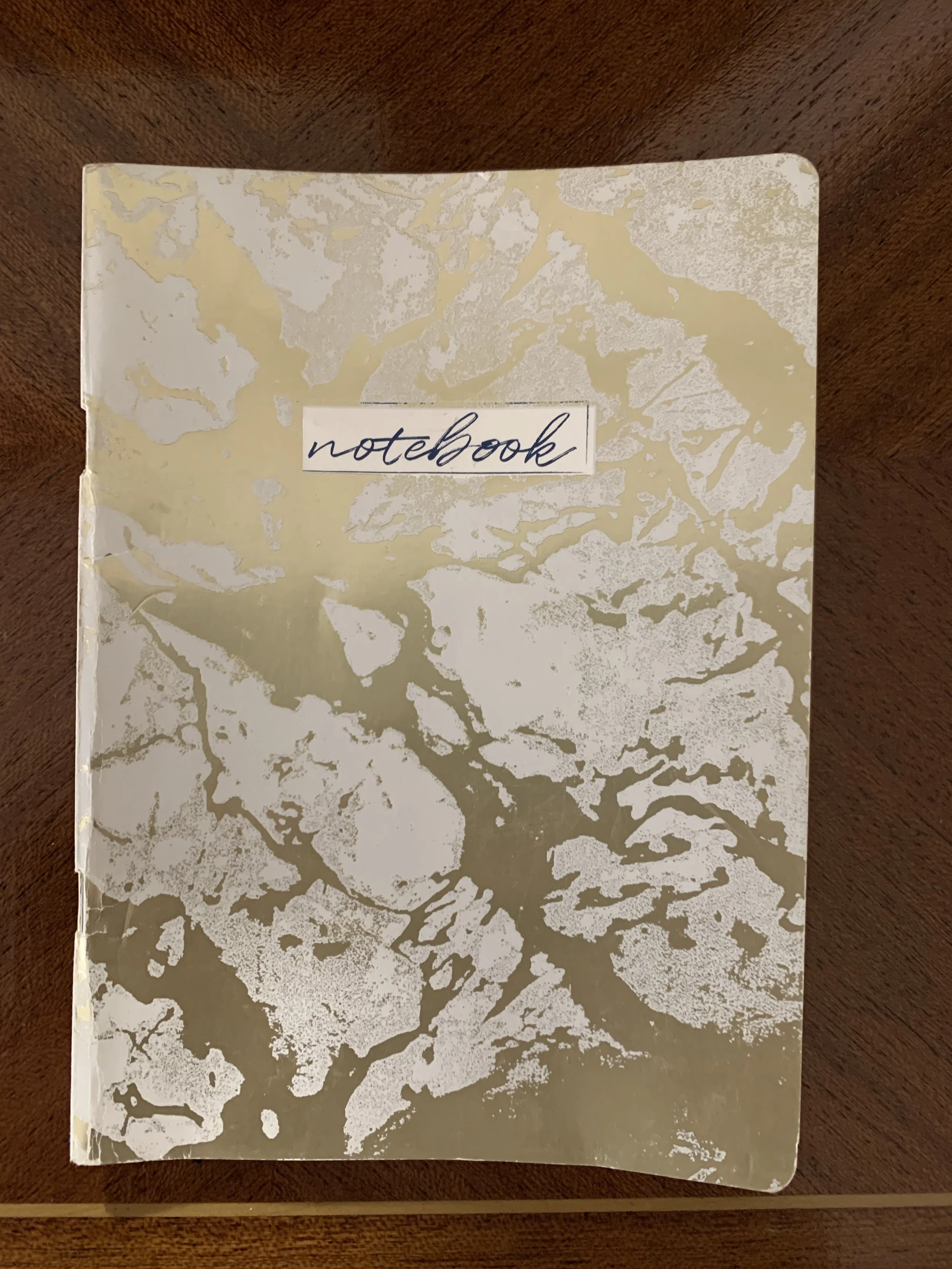"Arabic Growth 2.0: How to Improve Speaking Skills Significantly in Just 3 Months" by Laura G.
Banner photo credit: Kate Whipple, 2023.
Marhaba!
This is my second time writing a blog about Arabic Growth, where I explain the methods I used to take advantage of my time in Jordan and improve my Arabic quickly and efficiently. If you didn’t see the first one, please make sure to check it out:
I would like to add a quick reminder that both this blog and my first blog pertain specifically to Spoken Arabic, NOT Formal Arabic (Fusha) since my main goal has always been learning Spoken Arabic. However, I do believe that the same methods and tools can be utilized to improve Formal Arabic comprehension and speaking skills as well.
I am writing this second blog now three months into the program, and I am glad to say that I am happy with the progress I have made in my Arabic journey!
I first want to give an update on comprehension journey:
I have kept to the method I described in the first blog, where I write down and memorize new words and phrases I hear every day and memorize them later. Gaining about 150-200 words a week, I now have about 2000 new words in my Arabic vocabulary. This might not seem like much, but as I said in my original blog, although every language may have tens of thousands of words, we really only use the same 1000-2000 words every day (i.e.. house, man, woman, think, happy, etc.).
So with these 2000 words (of which I probably have only 1000-1200 memorized at any given time since I forget previous words and have to review them), I am able to understand 90% of the Jordanian Dialect assuming the conversation is not about a complicated topic. If there is something I don’t know, I just ask, and the explanation is usually with the basic words that I do know!
Therefore, I really encourage students on the program who are really passionate about the Jordanian dialect to do some variation of this method, where they focus on gaining and memorizing the words, they hear every day!
As your vocabulary improves, you can now focus the speaking part:
I won’t beat around the bush. There is ONLY ONE WAY to really improve your Arabic speaking skills in Jordan and it’s no secret:
SPEAKING… ALL. THE. TIME (1-2 hours a day … AT LEAST for really tangible results, or even just 15-30 minutes if you can)
I find that Speaking is the biggest weakness across most language learners because there is just not enough practice. I’m happy to tell you that Jordan is FULL of opportunities to speak Arabic, and the ultimate resource in my opinion is:
One-on-one conversations with Language Partners.
Notice that language partners is PLURAL.
I am very serious when I say one Language Partner is NOT ENOUGH.
My secret to significant Arabic Speaking growth: I have 5 Language Partners: one from Amideast, two I met on Conversationexchange.com, and two local Jordanians I met by chance or through connections with others.
As mentioned, Amideast may give you one language partner, but you must make more if you want to see growth. Some partners may want to meet once a week for an hour, while others may want to meet twice a week for 3 hours. If one or two partners cancel during a week, you still have 3 others partners you can contact and set up language exchange meetings and hang outs. Remember: the goal is 1 hour a day of you speaking just Arabic, which means at least a 2-hour meeting with a language partner (since half the time is in English too). The more language partners you have, the more you can achieve this goal by spreading meetings across the week.
Another big tip: When speaking with partners, let them know at the beginning that when it’s Arabic time, you want to be the one who speaks most of the time while your partner responds, interjects, and corrects your mistakes intermittently. Don’t make the mistake of letting your partner talk most of the time when you are speaking in Arabic (when it is time to speak English, let them speak a lot to practice)! They can correct you, give you vocabulary where you fall short, etc. But I wouldn’t recommend you asking them questions in Arabic and them responding for 2-3 minutes. That’s 2-3 minutes you could have been speaking! They already speak Arabic! You are the one who needs practice. It is still a conversation between the both of you, but you are the one talking most of the time. Once your speaking has improved immensely and you want to focus more on comprehension, then you can have more equal conversations. But as a rule, especially as a beginner, talk and talk and talk. Let them ask you questions. Tell them about your day, where you went on the weekend, your views on certain topics, etc. When you switch to English, then they can have their turn to respond to your points in a lengthy way if they want, but not when it’s your turn.
Along the way, you will make amazing Jordanian friends, who may invite you to their home for Iftar during Ramadan, introduce you to their family, show you around Jordan, etc. It’s really an amazing experience.
I am going to be blunt here: You will never improve significantly in just one short semester …
If you don’t put in a lot of effort to learn, especially OUTSIDE OF THE CLASSROOM
If you only hang out with other American students instead of native speakers or local Jordanians
If you only have one language partner
If you don’t speak Arabic for at least 30 minutes a day, at least 5 days a week, if not way more
If you aren’t constantly learning new words, verbs, and phrases AND studying them on a regular basis
If you don’t utilize your Amideast teachers to ask Spoken Arabic questions on vocabulary and grammar
As I said in my first blog, you need to take your learning into your own hands, and you have to really want it. You are the deciding factor for whether or not you leave Jordan with much better Arabic skills or not, and it's something I have to remind myself of everyday.
Talking in Arabic with A) Language Exchange Groups (like Bla Bla Exchange), B) with your host family, C) with Jordanians in the marketplace or at activities, or even D) with your American friends are also other options that I would recommend, but there are just not nearly as good as consistent, long, one-on-one conversations with native speakers on a regular basis (i.e. language partners) who are specifically there to help you improve.
I will end this blog with a short podcast. My Amideast language partner Fatima (who is totally amazing by the way!!!) and I discuss how we both improved our language skills, with half of the podcast in English and half in Spoken Arabic. I am not perfect in Arabic, and I make a lot of mistakes, but the most important thing is the ability to express myself and get my point across and trying to gain confidence in the language. I hope you like it and I wish you all the best of luck in your Arabic Learning Journeys!
Laura G. is a student from USC participating on Amideast’s Area and Arabic Language Studies program in Amman, Jordan in Spring 2023.






